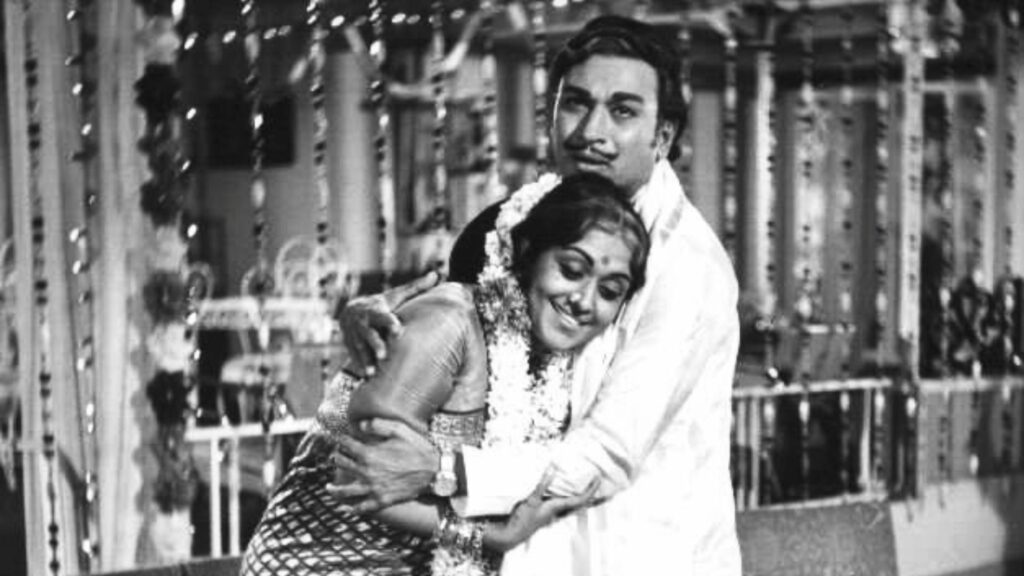Padma Bhushan Dr B Saroja Devi, one of Indian cinema’s most respected and enduring actresses, passed away on the morning of July 14 due to age-related complications. She was 87. Entering films at 17, she enjoyed a remarkable 70-year career, earning immense admiration for her talent, grace, and discipline both on and off-screen.
Known for her timeless beauty and elegance, Dr Saroja Devi was a leading lady in over 200 films across languages. She acted alongside legends like Dr Rajkumar, Honnappa Bhagavathar, NTR, Rajendra Kumar, Akkineni Nageswara Rao, Gemini Ganesan, Shammi Kapoor, Kalyan Kumar, Udaykumar, and Muthuraman.
Her final rites will be held on Tuesday afternoon. Her mortal remains are kept at her residence in Malleswaram, Bengaluru (next to Havyaka Bhavana) for public homage.
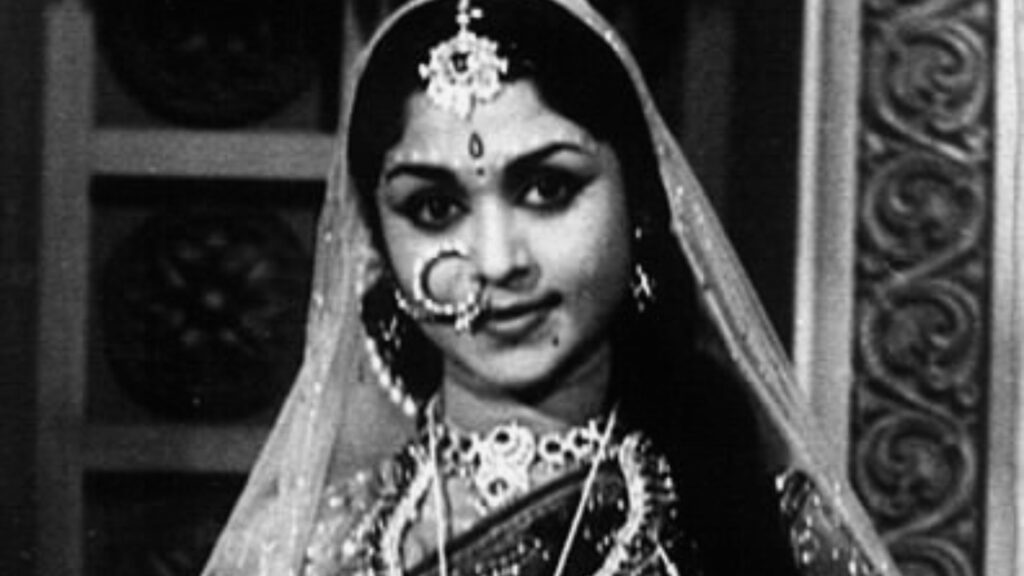
A VOICE FOR DIGNITY
At the Karnataka Chalanachitra Academy’s ‘Belli Hejje’ event, Dr Saroja Devi expressed strong views: “Artists are not thieves. We deserve respect and dignity. That’s why I dress well—with ornaments and makeup. It’s not vanity, it’s honour.” Except Dr Jayamala, no other artistes were present to hear these powerful words. Veteran journalist PG Srinivasamurthy inaugurated the event, after which Dr Devi engaged in a candid conversation about her journey—childhood, cinema, family, and values.
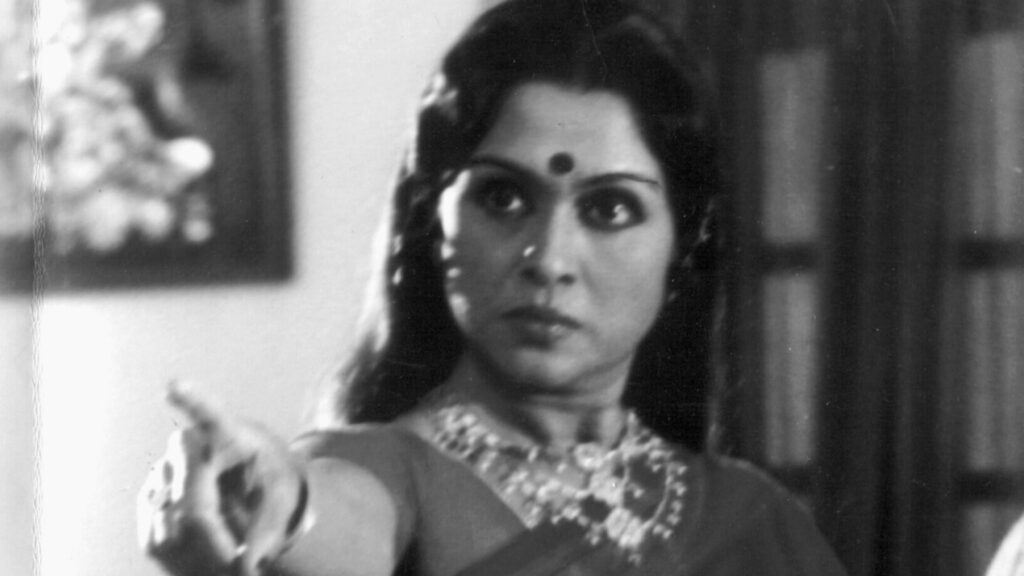
HER ROOTS AND FAMILY
Dr Devi recalled being a shy child, lovingly raised by her mother Rudramma. Her striking looks created a sensation, earning comparisons to Vyjayanthimala and Padmini. She was born after her mother consumed Sri Sathyanarayana Prasada, hence the annual Sathyanarayana Pooja on her birthday. In Chennai, lakhs attended this ritual.
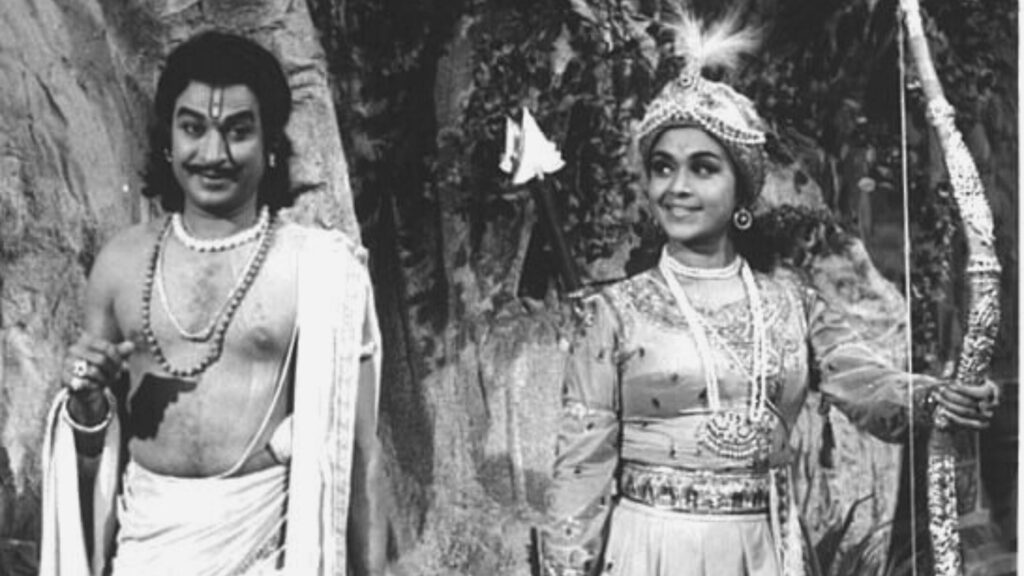
She married Sri Harsha on March 1, 1967.
Her mother selected her husband, Sri Harsha, an engineer with Siemens in Germany. He stood by her during tough times, especially when a financial mishap led to property attachment. “He said, ‘I’m there to support you.’ He was my pillar.” Unfortunately, when he suffered a heart attack, there were no advanced medical facilities in Bengaluru. Despite having wealth, she couldn’t save him. “Money was of no use.” Dr Saroja Devi also recalled their trip to the USA, her first visit to Hollywood’s Universal Studios, and setting up a scholarship at UVCE in her husband’s memory.
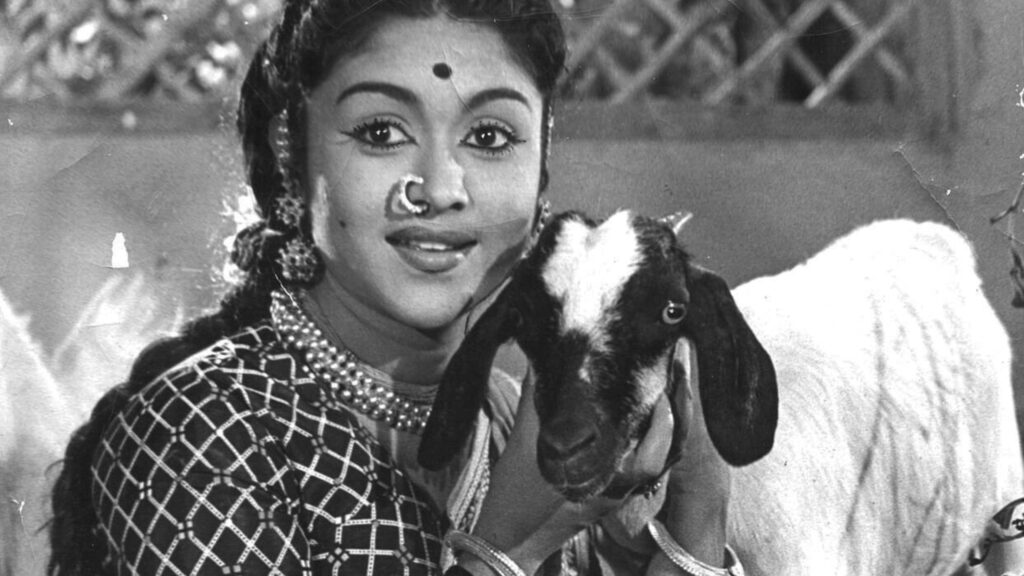
THE JOURNEY WITH LEGENDS
During a time without shortcuts, talent and discipline mattered most. She was mentored by Ku Ra Si and Honnappa Bhagavathar in Mahakavi Kalidasa, then starred in Pandu Ranga Mahatme (NTR), Adimai Penn (MGR), and Paigham (Gemini Vasan). She never officially retired—returning in the Tamil film Adhavan after 12 years. Actors like Dilip Kumar and Rajesh Khanna advised her husband never to stop her from acting. “I was never shouted at on sets—because I respected the profession.”
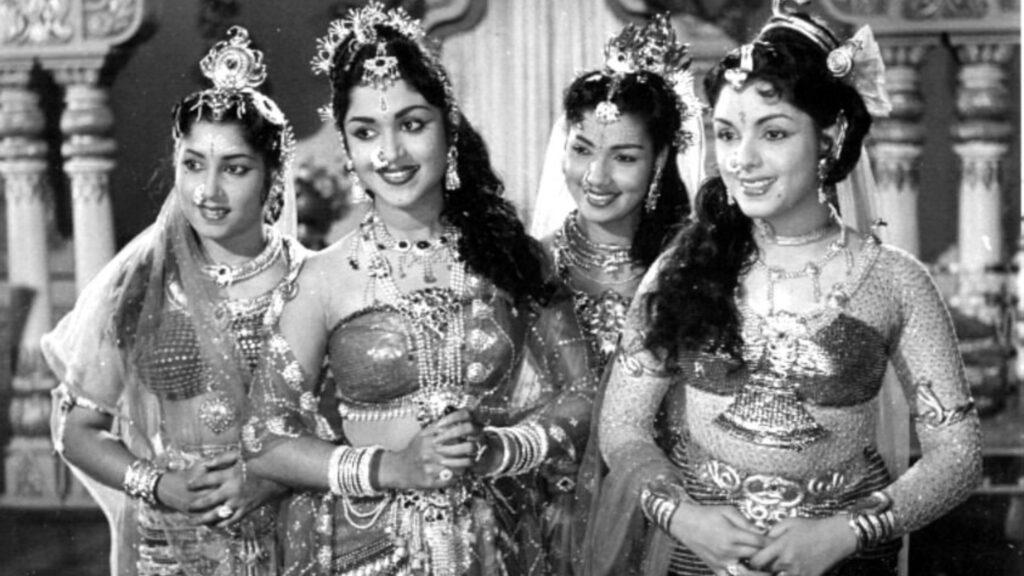
ON TODAY’S CINEMA
She stressed the importance of discipline and strong scripts—values that shaped her own career. Reflecting on the current industry, she lamented that many modern-day heroines treat cinema as a short-term pursuit, often arriving with plans to stay only a couple of years. “There’s little eagerness to learn,” she said, noting that some don’t even dub for their roles. When an audience member remarked, “Today’s cabaret is done by the heroines themselves,” she nodded in agreement. Reaffirming her deep respect for the industry, she added, “All producers are Annadhatharu. I’ve lived off cinema all my life—I will never forget those who gave me salt.”
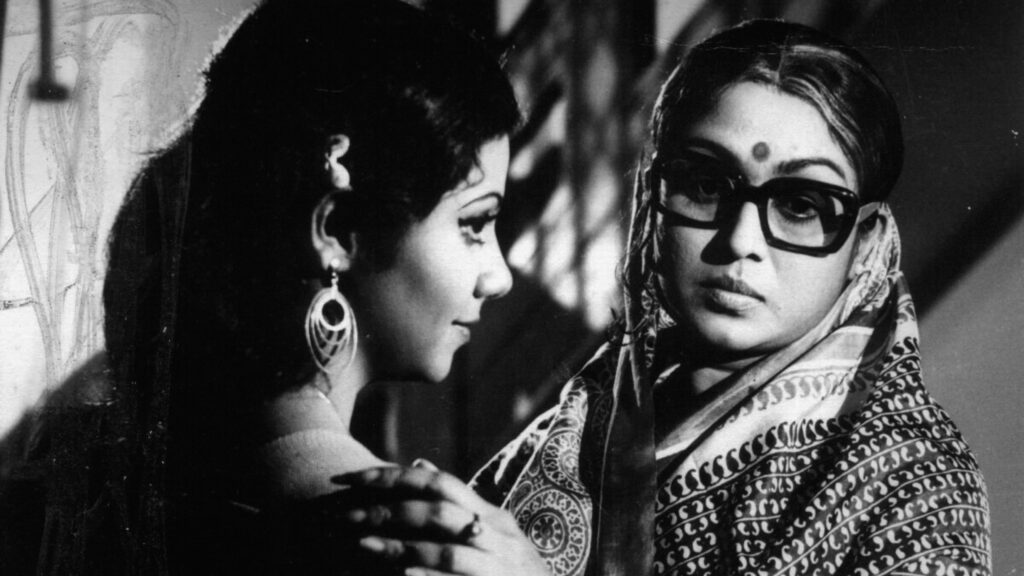
AWARDS AND RECOGNITION
Despite missing out on Filmfare Awards 15 times due to bias, she received Padma Shri and Padma Bhushan via Tamil Nadu’s recommendation. “Karnataka MPs must push for deserving names—Delhi knows only Amitabh Bachchan,” she said, urging state-level honours in the names of Pandari Bai and M.V. Rajamma.
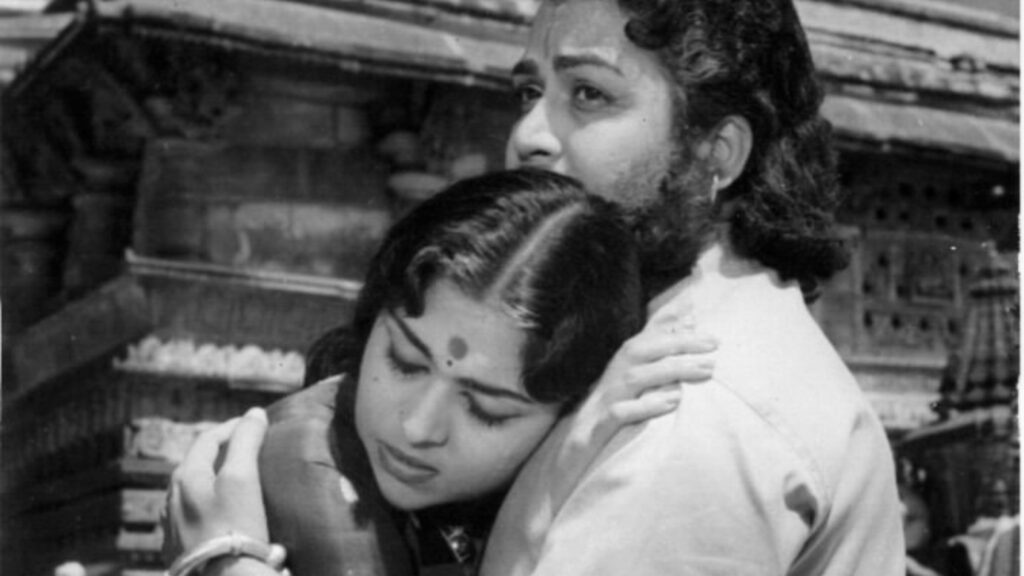
HER MANDYA ROOTS
Only later did people learn she was a Gowda. Her grandfather Mayanna Gowda hailed from Mandya. Rajiv Gandhi once suggested she contest from Mandya after learning of her roots. But in her professional life, caste, creed, and religion were never discussed or given importance.
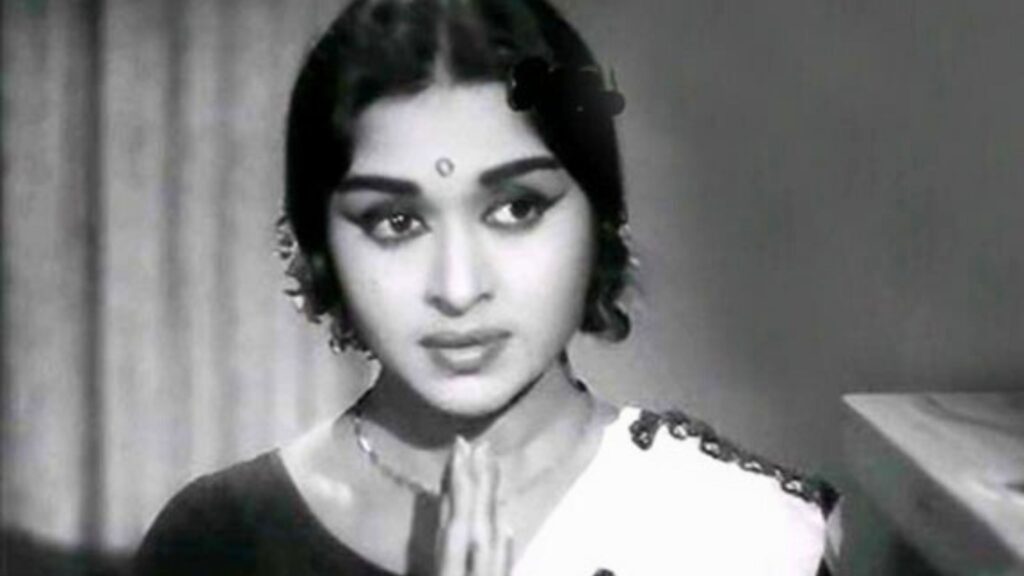
LEADERSHIP ROLES
As Chairperson of Kanteerava Studios, she helped develop infrastructure with guidance from her husband. She also served on the Censor Board, insisting that industry insiders bring better understanding. “Censorship is like a Mane Hosilu (main threshold). It should exist—but be balanced.”
Such a towering legend of Indian cinema, Dr B Saroja Devi will be deeply missed. Her grace, discipline, and unforgettable legacy will continue to inspire generations to come.
